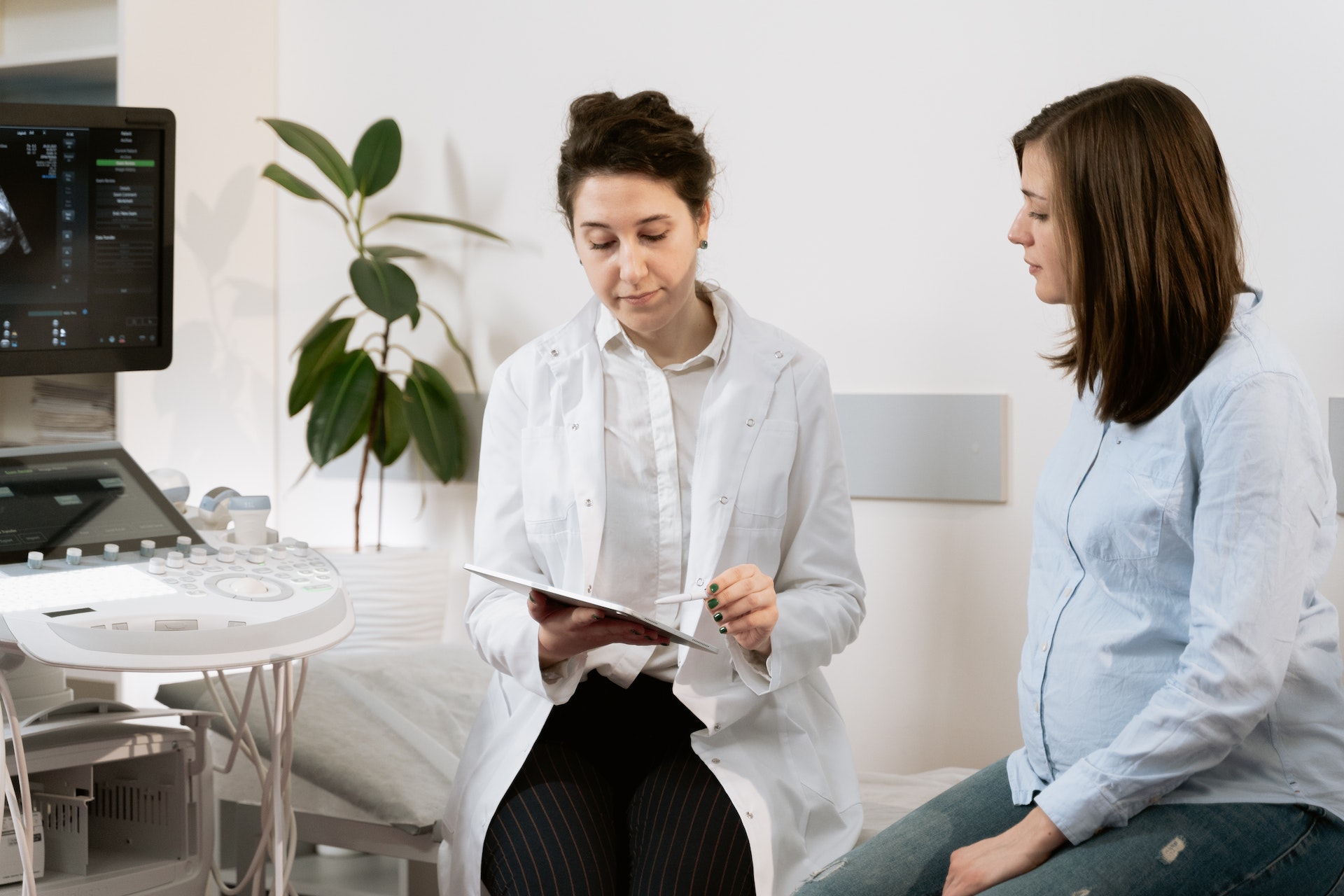A healthy pregnant woman with proper care and precautions can safely travel by air. But if you have any previous pregnancy issues or expected complications, it’s better to ask your doctor and follow his instructions. Also, inform him about the duration of your flight as it is also an important factor. Having a flight longer than 4 hours during pregnancy can cause complications.
Things to do Before Air Travelling During Pregnancy
Here is a list of things that you should do before air traveling during pregnancy. Be sure to not skip any of them, as it will lead to complications.
Ask Your Doctor:
Before making any air travel plans during pregnancy, it’s important to ask your doctor whether it is safe to travel in this condition or not, especially if you have any kind of health issues such as high blood pressure (hypertension), blood clots, a history of miscarriage, early delivery, ectopic pregnancy, or other prenatal issues.
Check the Airline Rules for Pregnant Women:
Remember to check the airline’s policy or rules for pregnant women before having any air traveling plan. Many airlines allow pregnant women to travel until 28 weeks, and they might ask for a letter from your doctor that includes information about the following:
- Your expected due date
- Your current condition
- How many babies are you carrying?
- Any complications in your pregnancy?
When is it Risky to Fly During Pregnancy?
After 36 weeks of pregnancy and if you’re expecting twins, then after 32 weeks, it is risky to have an air flight as there are naturally higher chances of going into labor after the mentioned weeks. Most important is that many airlines don’t allow 36 or 32 weeks pregnant women to travel.
What Should You Do During Flight in Pregnancy?
Here are some instructions you should follow when going on an air flight during pregnancy. Let’s have a read of them.
- Fasten your seatbelt across your lap or under your bump.
- Avoid eating gassy food and drinks like broccoli and carbonated soda.
- Drink plenty of fluids in order to lower the risk of dehydration and DVT.
- Avoid taking tea, coffee, and alcohol while air traveling.
- Keep your medical reports with you if you need medical care during the flight.
- Don’t take off your seatbelt when seated to prevent any sudden shocks.
- When seated, continuously stretch and shake your lower legs to minimize the risk of blood clots.
- Try to walk up after every 30 minutes.
What Are the Risks of Air Travel During Pregnancy?
Blood Clots:
There is a high risk of blood clot formation during an air flight during pregnancy. A blood clot blocks the blood flow and damages your baby. In pregnancy, it usually forms in the legs. To prevent this, regularly move your legs and walk on the aisle maximum after half or one hour. If the flight is unstable, flex and expand your ankles while remaining seated.
If you feel a breath shortage or reduced heartbeat, ask the aircraft’s attendant to provide a breathing oxygen cylinder. Avoid wearing tightened clothes as they can lower blood flow; wear loose, comfy dresses instead. It’s best to wear flexural socks that help smooth blood circulation and reduce leg swelling.
Radiations:
There is a negligible effect of radiation emitted from aircraft, which does not harm the developing embryo. But if you are frequently flying or a pilot or aircraft attendant, radiation exposure may enhance concerns during pregnancy. Talk to your healthcare provider if you have frequent flights during pregnancy.
Final Thoughts
Hope by now you have found your ultimate answer to the query, “Is it safe to travel during pregnancy?” Stay tuned for more of such informative articles!

